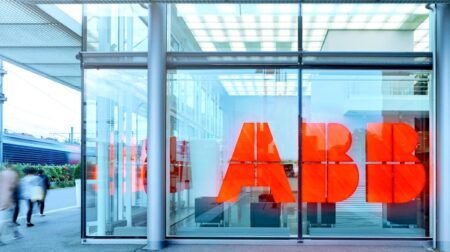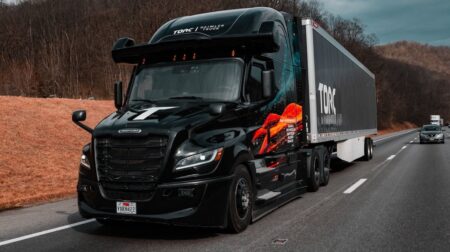Chinese e-commerce outfit Banggood has deployed a large-scale AMR-based sorting solution from IntraLogisteX 2020 exhibitor Geek+ to support its growing online business.
Following an accelerated shift from shoppers toward e-commerce due to Covid-19 restrictions, Banggood said it required an automation solution to overcome a slew of challenges associated with the rapid growth in online global sales, including unpredictable demand, labour shortages, and higher requirements for safer operations.
Thus, Geek+ has implemented its FleetSort solution at one of Banggood’s 37 warehouses to automate the company’s sorting process. The system uses S-series AMRs to transport small- and medium-size parcels from workstations to sorting destinations following a chutes layout.
FleetSort also uses algorithms to monitor robot traffic and balance the task of each robot to achieve maximum sorting efficiency.
Wenfa Liu, director of warehousing at Banggood, said: “After the implementation, we have seen significant improvements in the average efficiency of employees and 99.99% sorting accuracy while reducing the overall reliance on manual labor. This has enabled us to meet higher customer service requirements of our B2C business while providing cost-efficient and safe operations.”
According to Geek+, FleetSort can be scaled to enable Banggood to adjust the number of robots and sorting destinations. Furthermore, no platform development is required, which means the solution can be set up immediately in existing facilities, saving infrastructure costs.
The Geek+ solution can also be integrated with AMRs that automatically change the cages of sorted items once filled, providing continuous, unmanned and safe operations. What’s more, the robots can be adapted to work with various automation options, from manual packaging to conveyor docking and robot arm stations.
“We’re also impressed by the level of customisation provided, as FleetSort can automate sorting based on shipping routes, helping us continue to cover global markets and meet various international requirements for transportation channels,” added Liu.







